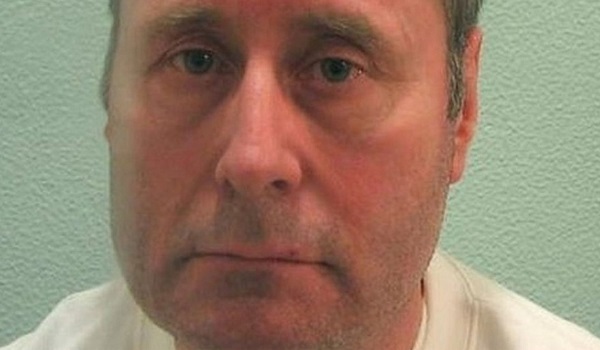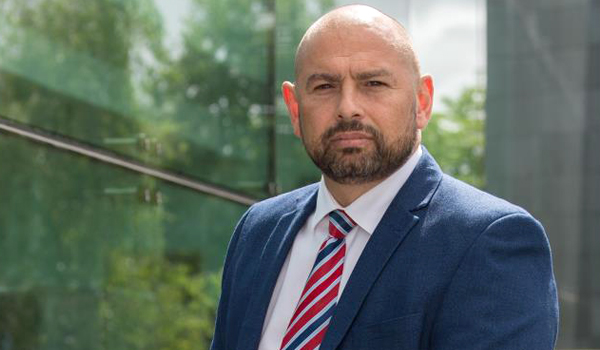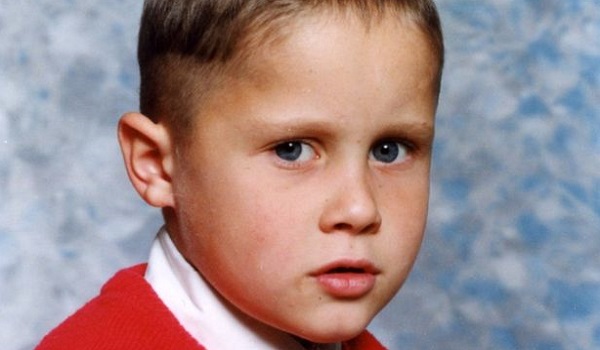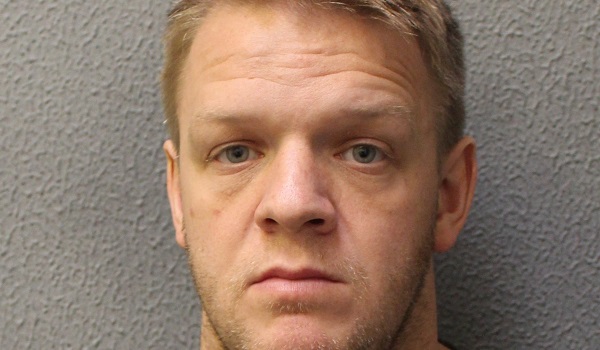Worboys court challenge: Victims told ‘wait and see’
Three leading High Court judges have said they need time to give “anxious scrutiny” to the landmark challenge to block the Parole Board’s decision to release ‘black cab rapist’ John Worboys from prison.
After two days of legal argument, Sir Brian Leveson, Mr Justice Garnham and Mr Justice Jay reserved their ruling to a date to be fixed on a decision that they deemed “obviously critical for everybody”.
A temporary bar preventing the serial sex attacker’s release, which was originally granted in January after legal action was launched against the Parole Board, will continue.
Worboys, 60, who has changed his name to John Radford, watched via a video link from prison as Sir Brian Leveson announced on Wednesday (March 14) that he would receive the result “as soon as possible”.
Edward Fitzgerald QC, lawyer for Worboys, described the hearing as “drastic and unprecedented”, saying his client had been “granted his freedom and then had it taken away from him”.
He said it was a “unique case” and urged the judges to “exercise the greatest care and scrutiny” when considering whether or not to interfere with the Parole Board conclusion that had “directed it”.
Mr Fitzgerald added that he had completed his tariff and he is therefore entitled to be released if it is not necessary for the protection of the public that he be detained.
Two unnamed victims brought the challenge, arguing that something went “badly wrong” with the Parole Board’s decision to free him – and that the ruling was “irrational” and should be quashed.
The hearing was told that had it not been for the claimants’ action – the first time that victims have ever done so – the errors in the board’s decision would “never have been discovered.”
This week’s hearing, brought about by the judicial review challenge earlier in the year, lifted a cloak of secrecy surrounding the Parole Board’s actions – enabling Worboys’ victims and the public to find out why it had been ruled safe to release him.
Its decision was apparently influenced by assessments from three independent psychologists, all of whom at some stage had been instructed by Worboys. One expert recommended the ‘usual route to eventual release’ with a move from HMP Wakefield, a high security jail, to an open prison.
But two psychiatrists reportedly said the 60-year-old sex offender should be let out straight away – direct from HMP Wakefield. Philippa Kauffman QC, acting for the victims, said psychologists advising the Parole Board had been misled into believing Worboys had taken “full responsibility” for his offences, while the board had failed to take into account the “wider allegations” against Worboys.
Worboys consistently told psychologists assessing him that his offending was restricted to an 18-month period between 2006 and 2008, and denies committing any offences other than those he was convicted of, the hearing was told.
Ms Kaufmann said the police believe his first offence against a passenger was as early as 2002 and that he went on to assault at least 105 women Legal papers submitted to the High Court show that as recently as September last year, the prison authorities believed he posed such a risk that he needed to remain in a Category A prison.
Three months later the Parole Board decided that he should be let out with stringent licence conditions, without having been assessed at a less secure prison.
Ms Kaufmann said this “highly exceptional step” was “in the face of opposition” from senior prison managers, prison psychologists, the probation service and the Justice Secretary, adding that the claims of Worboys’ further crimes “completely undermined” the board’s decision.
She told the court: “It is obvious, absolutely obvious, that this evidence of wider offending had a central bearing on all of those conclusions that formed the basis of the Parole Board’s conclusion that there had been a reduction in risk.”
Ms Kaufmann added it would have been fair to consider these allegations as the board did not have to determine whether he had actually committed the crimes.
She said it would be “extraordinary” to release Worboys straight from a Category A prison, the highest security prison, into the community. Ben Collins QC, acting for the Parole Board, told the three judges that the decision to release Worboys was “rational and lawful”. He said it was “impossible” for the board to consider any crimes which the prisoner had not been convicted of.
At the start of the hearing on Tuesday (March 12), Mr Collins said the Parole Board was acutely conscious that underlying this forensic and analytical debate were stories of “real and serious suffering on the part of the victims”.
He said the board wished to acknowledge the courage of the victims in pursuing their claims, before making its challenge. In announcing their ruling, Sir Brian Leveson concluded: “It is obviously critical for everybody, but particularly the interested party [Worboys], that he knows what the result of this case is as soon as possible.”
Ahead of the High Court challenge against the decision to grant him parole, victims said they were not properly informed and warned of risks to women’s safety.
The Mayor of London, Sadiq Khan, and The Sun newspaper have also taken part in the legal action. As the case got under way, Mr Khan said in a statement that Worboys presented a “significant threat” to safety.
He said: “I have been clear that he shouldn’t be released at the very least until the decision has been properly independently scrutinised and we are reassured that those in positions of power and responsibility are doing everything they can to keep all his victims, and the rest of us, safe.







